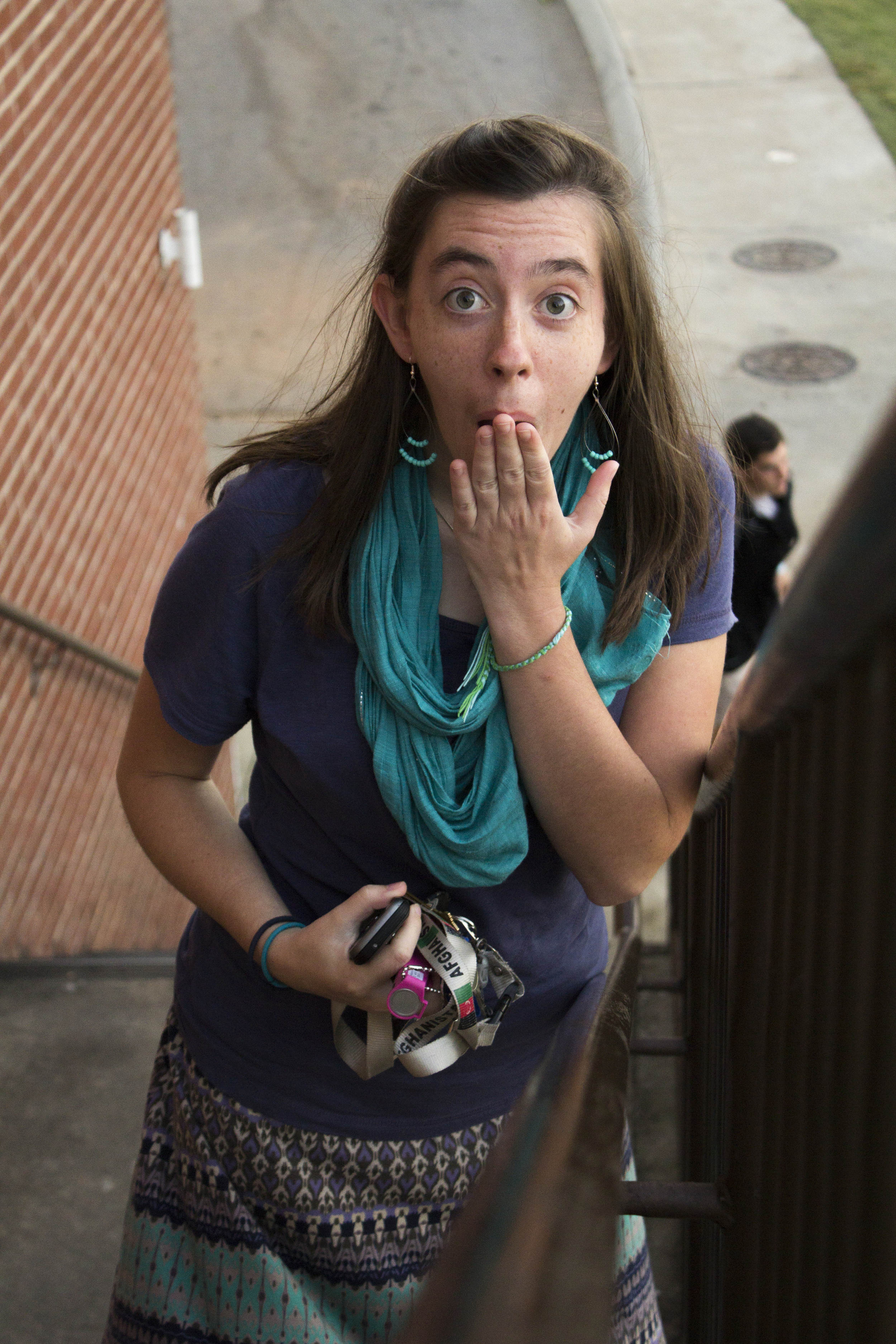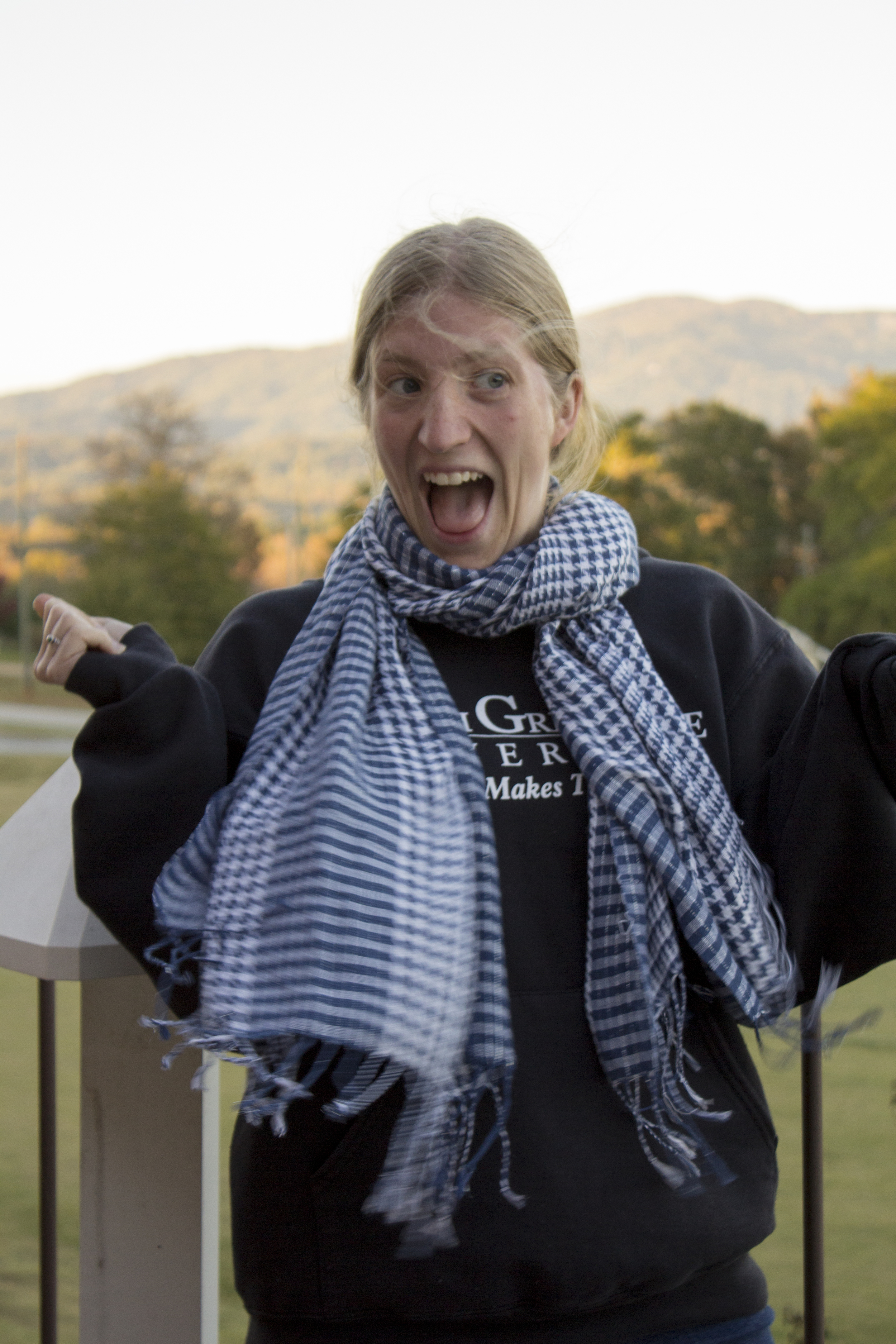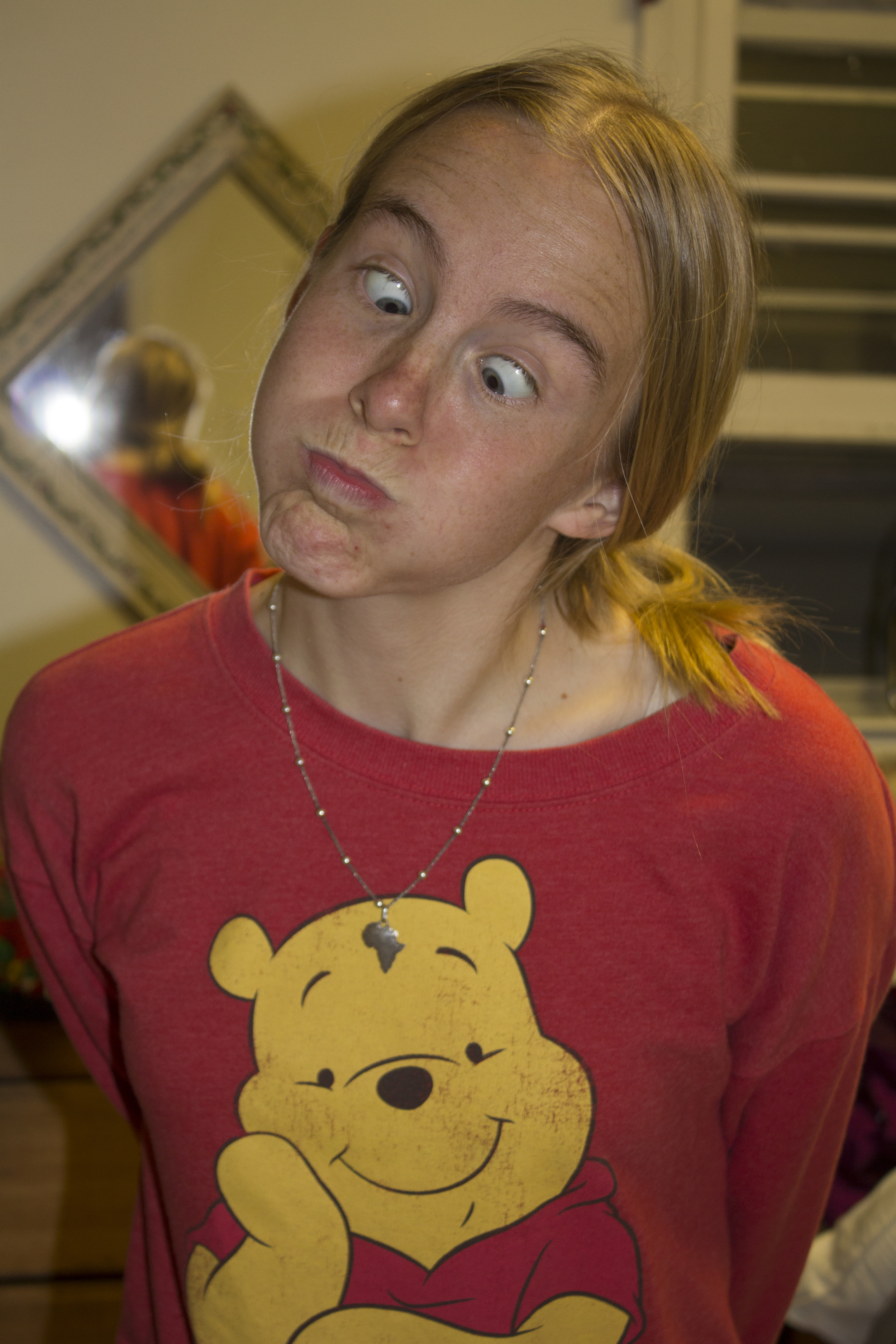
Inside the mind of an MK: Stereotypes vs. reality
Staff Writer and Photographer: Miranda Bradford
In a world where fitting into pop culture and society is everything, missionary kids (mk’s) tend to struggle with finding where they belong when arriving back into this place that they are told and others assume is “home” for them. They face difficulties that most people who are not third culture kids or mk’s neglect to consider until it is brought up.
“People don’t always think about the fact that we don’t get to see our parents for big breaks. They may think about it, but not on a daily aspect. We don’t see them on important events, like our birthdays, homecoming, or sporting events,” said junior Deborah Houser.
“The fact that we didn’t grow up with a lot of money, but rather grew up on God’s money is something that is not thought about often. We had to really rely on God to provide, even though yes, we traveled to a bunch of cool places,” said sophomore Jacob Campbell.
One of the biggest hurtles mk’s have to face coming back to America is building relationships with those around them.
“They think that I’m super different or exactly the same. There is no in-between,” said junior Meg Whitson.
“I struggle with being caught between two cultures and the feeling of not belonging completely to either, always being the foreigner,” said sophomore Charlie Mitchell. “I feel attached to both cultures for different reasons. One because I was born and raised in one but the other because my family is from the other.”
Missionary kids often get judged for staying in what is known as the “mk bubble.” They hang out with a lot of other mk’s without always branching out. Sometimes it gets tiresome for them to branch out because of how disconnected they feel being thrust into the American culture, told to simply “fit in.”
“I’d say it’s hard for third culture kids to relate to those coming from only one culture,” said junior Zack Millsaps.
One thing that makes it hard for mk’s to relate is the stereotypes made about them when others find out what part of the world they are from.
“I get asked if we are in danger all the time because of shoot ’em up media, or if we have to always go around with guards because it’s not safe. Also, because I lived in the mountains of Central Asia, they assumed I lived in a desert, but I lived in a cold place. We got 3 ft of snow,” said junior MaryEllen Lovin.
“I get the stereotypes that I have a lot of exotic pets, my social ineptness, and not being able to relate with people because I am always hang out with monkeys or whatever,” said junior Rebecca Pepper.
Missionary kids honestly just desire for the chance to not be put into a box. They want to be able to be proud of their second identity without worrying about what others might think of them.
“Everyone has great stories. Mk’s are chock-full of them, and they just love when people care about the culture they grew up in. It means a lot when you take the time to get to know it like they take the time to get to know yours,” said Millsaps.
“Mk’s may come across as know it alls, but we have a lot of experience and knowledge being from two cultures. We can put on both hats and explain certain cultures better and in more understandable ways. Sometimes we’re considered perfect, but we’re normal people saved by grace through Christ. People tend to forget that,” said Mitchell.







